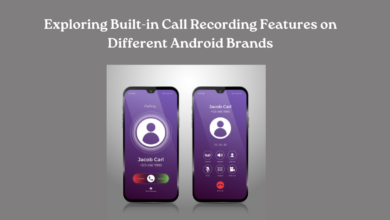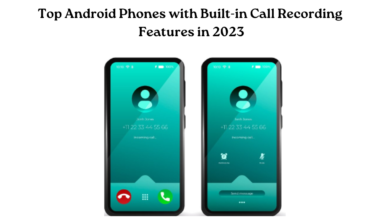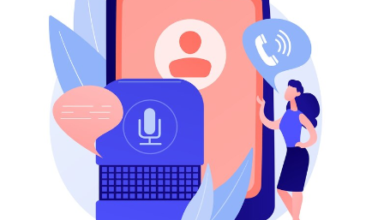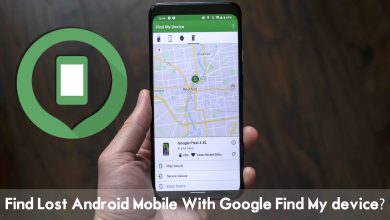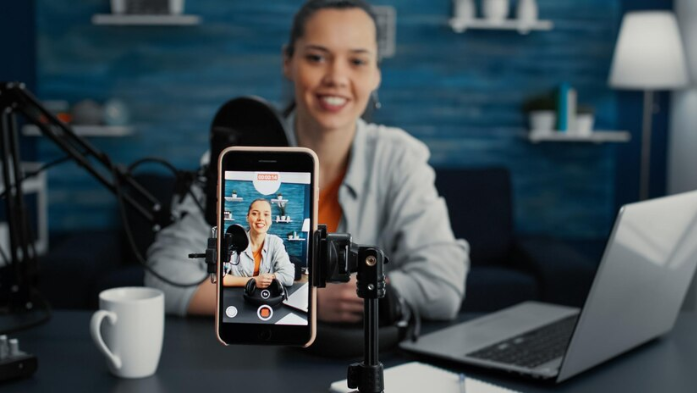
Recording phone interviews on your Android device can be a game-changer for journalists, podcasters, and researchers. Check out our guide for tips and techniques to make the process seamless and efficient.
1. Why Record Phone Interviews on Android?
Android smartphones are great for recording phone interviews. They have built-in features and support third-party apps. This eliminates the need for additional recording equipment.
2. Tips for Recording Phone Interviews on Android
1. Choose the Right App
- Built-in Recorder: Many Android devices come with a built-in voice recorder app. Check your device for this feature; it often provides basic recording functionalities.
- Third-party Apps: For more advanced features like call recording and cloud backup, consider third-party apps such as ACR Call Recorder, Cube Call Recorder, or Otter Voice Notes.
2. Test Recording Settings
Before your interview, conduct a test recording to ensure audio quality and volume levels are suitable. Adjust microphone sensitivity or app settings as needed for clear sound.
3. Notify and Obtain Consent
Inform the interviewee that the call will be recorded and obtain explicit Consent, adhering to legal and ethical guidelines. Clearly state the purpose of recording and how the content will be used.
4. Use a Stable Connection
Ensure you have a stable phone signal or use a reliable internet connection for VoIP calls. Dropouts or poor-quality connections can compromise the recording.
5. Optimize Environment
Conduct interviews in quiet environments to minimize background noise. Consider using headphones with a microphone attachment for improved sound quality.
6. Monitor recording
Keep an eye on the recording throughout the interview to ensure it’s capturing the conversation without interruptions or technical issues.
7. Backup and Save Recordings
Recordings should be regularly backed up to prevent accidental loss. After each session, recordings should be transferred to a secure location or utilized cloud storage services.
8. Edit and Transcribe
After recording, use editing software or apps to enhance audio quality, trim unnecessary segments, and prepare the content for publishing. Transcription tools like Otter.ai or Google’s Live Transcribe can convert audio into text for reference or captioning.
9. Respect Privacy and Copyright
When recording and sharing interviews, be mindful of privacy and copyright laws. Obtain permission to use copyrighted materials and respect the interviewee’s right to privacy.
10. Stay Informed about Regulations
Keep informed about the specific legal requirements governing phone call recordings, particularly when conducting interviews in various geographical areas or nations.
3. Additional Considerations
1. Battery Life:
Recording calls can drain the battery quickly. Ensure your device is sufficiently charged, or use a power bank for extended interviews.
2. Backup Plan:
Have a backup recording method in case of app malfunctions or unexpected issues.
3. Accessibility:
Ensure your recording setup is accessible and inclusive for all participants, especially those with hearing impairments.
Conclusion
Recording phone interviews on Android devices is valuable for journalists and podcasters. You can produce high-quality interviews by utilizing the right tools, following ethical guidelines, and optimizing recording settings. Remember to prioritize transparency, Consent, and privacy to maintain professional integrity.
Explore www.intogeeks.com for more information on recording phone interviews on Android smartphones.
